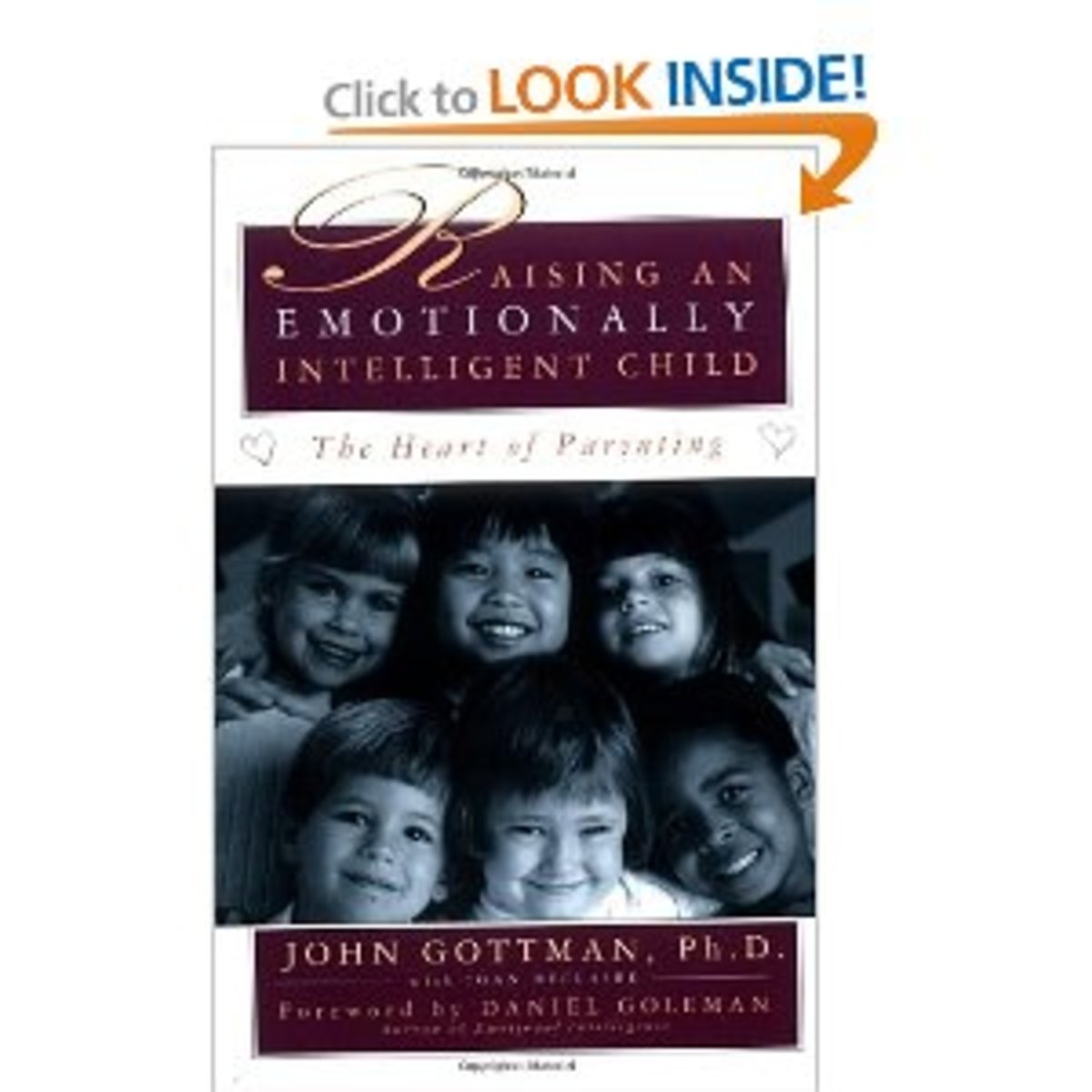Child Custody Basics: How the Court Decides Which Parent Will Win

There is no way to determine with any certainty who will win a child custody case. That said, when courts determine the outcome of a child custody case, they will look at a number of factors and ultimately decide what custody arrangement is in the best interest of the child. Although each state makes its own child custody laws, the “best interest of the child” standard is used in all 50 U.S. states.
Types of Child Custody
Child custody may seem straightforward, but custody involves various factors and arrangements. First, child custody involves two distinct types of rights: physical custody and legal custody. Physical custody involves who the child lives with and cares for the child on a day-to-day basis. Legal custody, on the other hand, refers to the right of a mother or father to make decisions on the child’s medical care, education, and general upbringing. In a custody case, one parent may be granted sole physical custody, but share legal custody with the other parent. Very rarely is one parent granted sole legal and physical custody. This will generally only take place if one parent has abused or neglected the child or has otherwise established that he or she is unfit to parent the child. Most commonly, parents are granted joint custody—that is, they share both physical and legal rights to the child. Even if the child lives with one parent the majority of the time, in most cases, the other parent will have some rights to visit with the child or contact him or her through regular phone calls. Additionally, joint custody arrangements might involve the child spending summers and holidays with one parent, but the school year with the other parent. Ultimately, the court will look at both parents’ schedules, relationship with the child, fitness to parent, and current level of parenting involvement when making a determine on how to divide joint custody—or whether to award sole custody to one parent.

Child Custody and the Law
Although each state makes different laws regarding child custody and how the court will make that determination, mothers and fathers have an equal right to ask for custody. Although this was not the case in the past, the courts no longer assume that an infant will be better off with a mother or an older male child with his father. In other words, the court looks at each case on an individual basis and understands the family dynamics are nuanced and differ from case to case. Given this, either parent has a right to file a motion for custody. Likewise, a parent can file for custody during a divorce or at any point that they desire to modify an existing custody order. Although courts encourage parents to work out parenting arrangements on their own, if either parent would like to modify the custody arrangement, it is advisable to file a motion with the court, otherwise, the agreement will generally not be legally binding. If both the parents agree to the new custody arrangement, the court will typically accept it. That said, the court may reject the arrangement if the new custody agreement is not in the child’s best interests. For example, the court may not be willing to give a noncustodial parent overnight visits if he or she is a current drug user or does not have a safe and stable residence.
Parents Working Together
Because contentious custody cases can take a toll on children’s well-being, parents are strongly encouraged to resolve custody issues through private discussions or a third-party mediator. Showing that you are able to work cooperatively with the other parent will look good in the eyes of the court as it shows maturity and good problem-solving skills. That said, courts recognize that not all parents can resolve problems through mediation, particularly in divorce cases where domestic violence has been an issue or where one parent has been accused of abuse or neglect. In these cases, as well as those where parents cannot reach an agreement on their own, the court will generally hold a trial on the merits of the case. During the trial, each parent will have the opportunity to present his or her case as to why he or she should be given custody. This custody hearing may be consolidated with a divorce case or may be held separately.

Cooperative Parenting
Contested Custody Matters
In custody cases where parents cannot agree on a parenting arrangement after working with a professional mediator, the court may appoint a professional child custody evaluator to look at what arrangement is in the child’s best interest. This process can be highly involved and will usually involve interviews with both parents as well as the child. Additionally, the court may ask a therapist or other mental health professional to assess the child or parents. However, parents typically also have the right to retain their own mental health and child development experts to testify on their behalf in court. Likewise, during the custody trial, parents can also call witnesses to support their case. Parents may want to consider using the following as witnesses:
- Child’s mental health or school counselor
- Child’s teachers and school administrators who are familiar with the child’s behavior
- Close family members or regular caregivers
- Clergy/members of the family’s religious community
- Any social service employees with whom the family has interacted
Likewise, parents can present material evidence in support of their case. This might include:
- Child’s report cards
- Child’s school attendance records
- Child’s school behavior records
- Outcomes of psychological evaluations for the child or the parent (if his or her mental health is a question)
- Outcomes of any substance abuse evaluations (for either a teen or a parent)
- Any records of social service officials
- Personal records of the other parent’s compliance with visitation and past custody agreements
Other Considerations in Custody
When making a custody determination, the court will also look at family relationships, including whether the child has siblings and where they currently reside. Generally, courts support preserving the status quo to maintain stability for the child, so if the child is currently living with a half-sibling, the court may be apprehensive to separate the siblings unless they have a contentious or strained relationship. The court will also look at the child’s age and relationship with each parent. While some states consider a child’s wishes when making a custody determination, other jurisdictions do not. That said, in almost all cases, the court will consider how the child relates to each parent and the sources of any conflict. For example, if a child no longer wants to live with a parent because he or she has strict but reasonable rules, the court will not consider this a detriment to that parent’s custody request. The court will, however, look at each parent’s understanding of the child’s needs. This is particularly important if the child has exceptional educational or medical needs that require specialized care.
The Best Interests of the Child
A Closer Look: Custody Modifications
Custody Resources
- http://www.mediate.com/articles/pickell.cfm
Basics of family law mediation and how mediation differs from a family law settlement. - Determining the Best Interests of the Child
Information on how the court determines the best interests of the child, courtesy of the Child Welfare Information Gateway. - Child Custody Attorney - Find Local Child Custody Lawyers - Attorneys.com
Child custody agreements resulting from divorce ensure clarity around custody modification orders, joint or sole custody and visitation rights.









